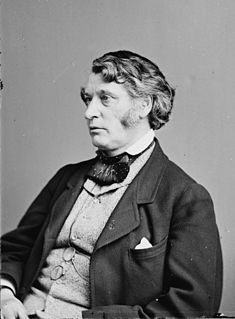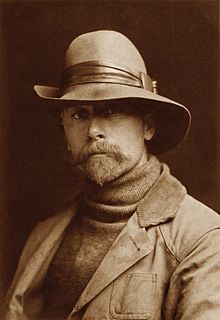A Quote by Georg C. Lichtenberg
The Greeks possessed a knowledge of human nature we seem hardly able to attain to without passing through the strengthening hibernation of a new barbarism.
Related Quotes
When someone really hears you without passing judgment on you, without trying to take responsibility for you, without trying to mold you, it feels damn good. . . . When I have been listened to and when I have been heard, I am able to re-perceive my world in a new way and to go on. It is astonishing how elements which seem insoluble become soluble when someone listens. How confusions which seem irremediable turn into relatively clear flowing streams when one is heard.
The true bounds and limitations, whereby human knowledge is confined and circumscribed,... are three: the first, that we do not so place our felicity in knowledge, as we forget our mortality: the second, that we make application of our knowledge, to give ourselves repose and contentment, and not distates or repining: the third, that we do not presume by the contemplation of Nature to attain to the mysteries of God.
Everyone recognizes a distinction between knowledge and wisdom. . . Wisdom is a kind of knowledge. It is knowledge of the nature, career, and consequences of human values. Since these cannot be separated from the human organism and the social scene, the moral ways of man cannot be understood without knowledge of the ways of things and institutions.
Surely knowledge of the natural world, knowledge of the human condition, knowledge of the nature and dynamics of society, knowledge of the past so that one may use it in experiencing the present and aspiring to the future--all of these, it would seem reasonable to suppose, are essential to an educated man. To these must be added another--knowledge of the products of our artistic heritage that mark the history of our esthetic wonder and delight.
The passing of every old man or woman means the passing of some tradition, some knowledge of sacred rites possessed by no other...consequently the information that is to be gathered, for the benefit of future generations, respecting the mode of life of one of the great races of mankind, must be collected at once or the opportunity will be lost for all time.



































